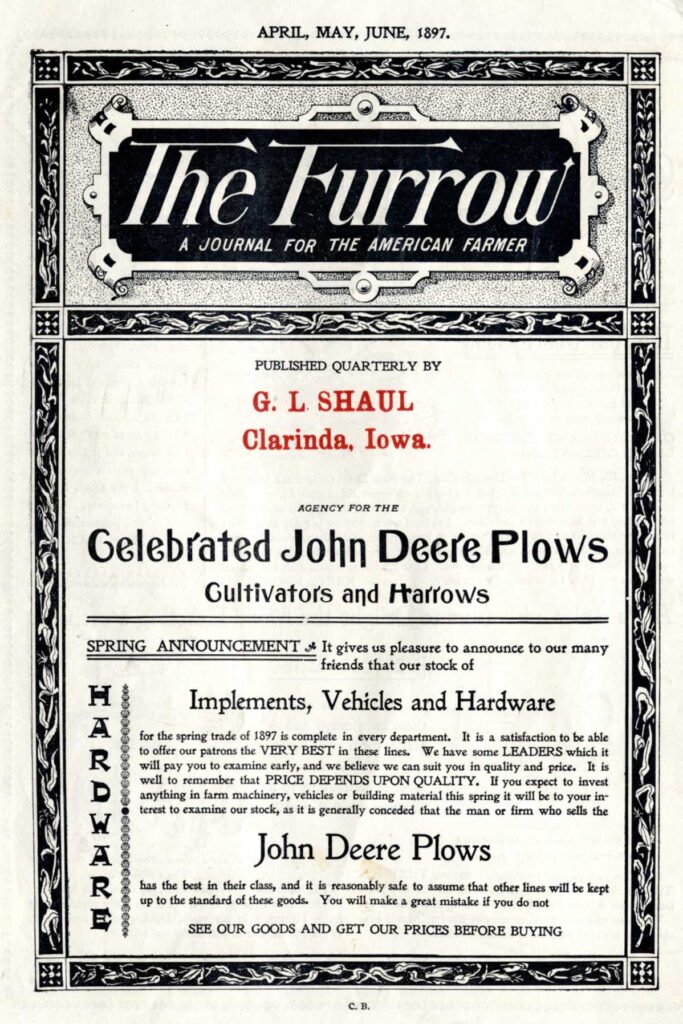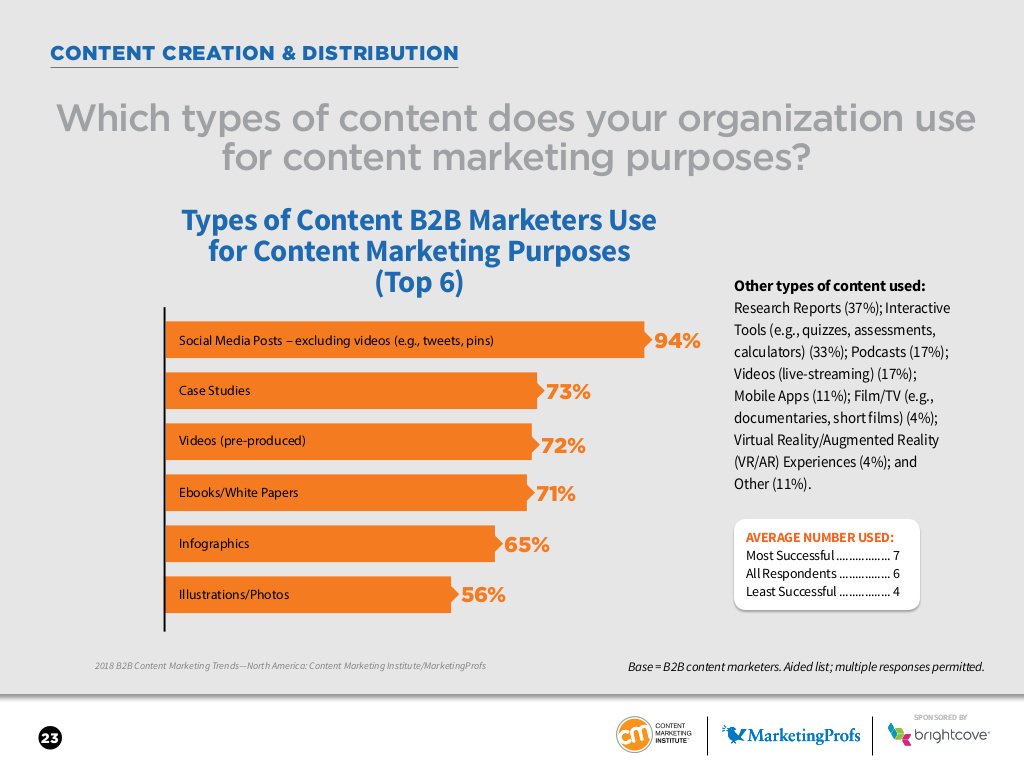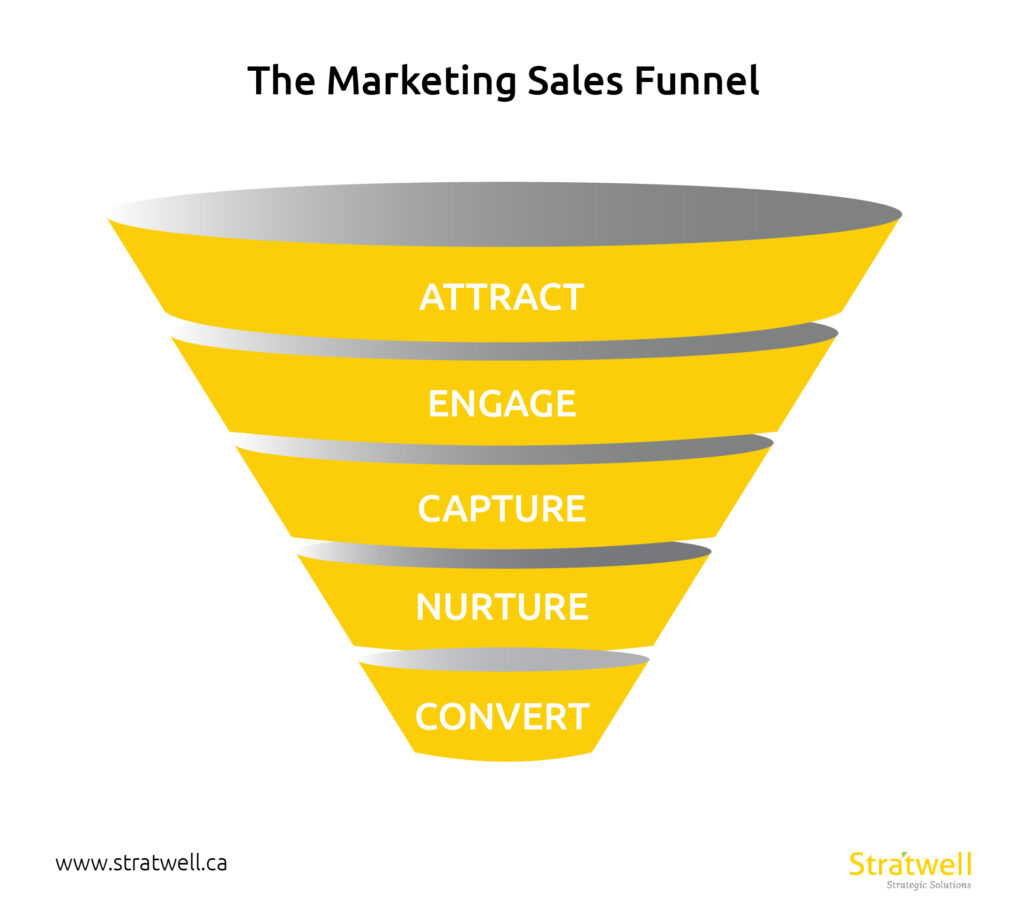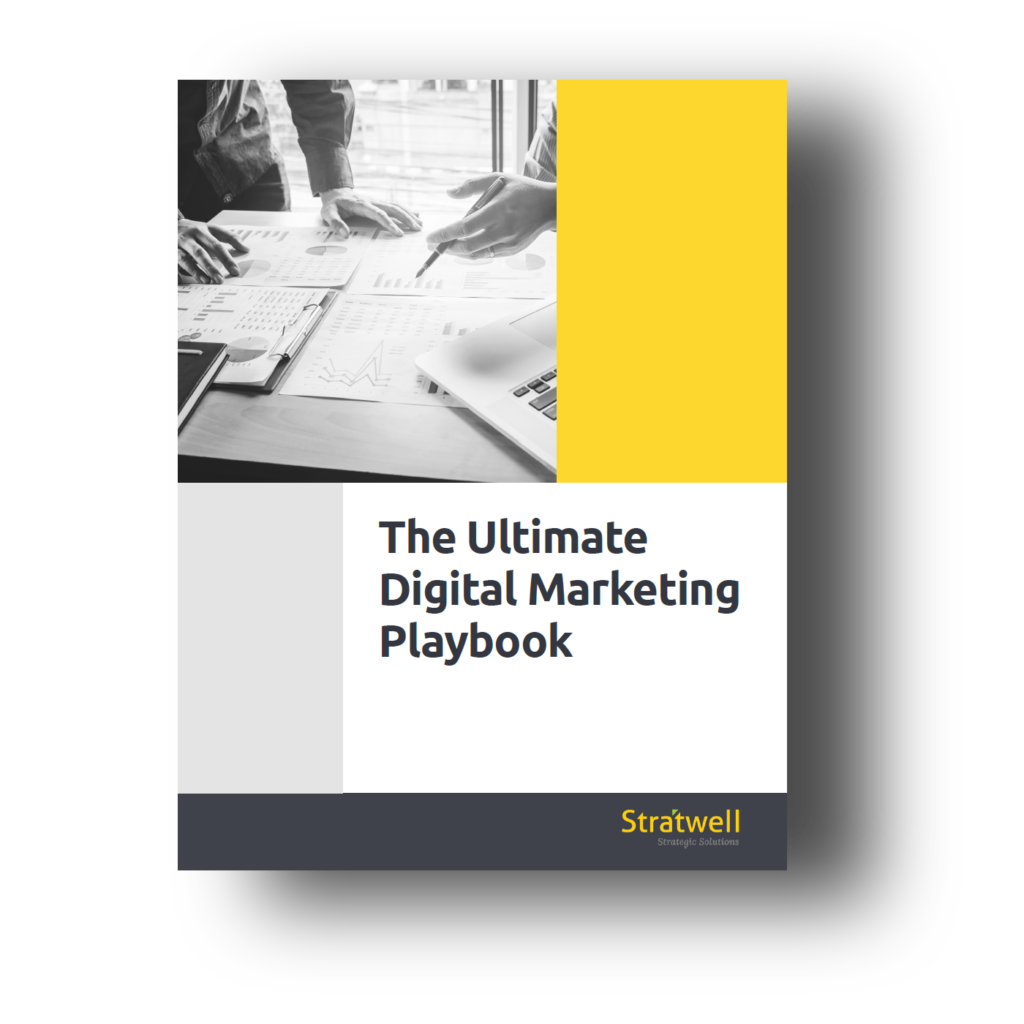The history of content marketing could take us as far back as 1732 when Benjamin Franklin began printing his annual Poor Richard’s Almanac. But John Deere’s publishing of “The Furrow” in 1895 gave the idea of content marketing a new meaning similar to that which it holds today.
But what is content marketing and why did it work so well for John Deere and other brands that have successfully used the strategy?
The History of Content Marketing
In 1732, Benjamin Franklin published the Poor Richard’s Almanac, which featured his thoughts, poems, puzzles and other valuable content people enjoyed. He used the strategy to subtly promote his new printing business and it worked.
But it wasn’t only Franklin who succeeded with this marketing tactic, several others also did. One of the commonest examples is John Deere, whose publication “The Furrow” still exists today.
In the 19th century, the John Deere brand became popular amongst farmers in the Midwest for its quality agricultural tools. The breakthrough came when it pioneered the steel plow. It was an upgrade to the wooden and iron plows the farmers were accustomed to and it better helped them to turn the sticky soil in the region.
But John Deere took its innovative culture beyond farm tools. The publishing of “The Furrow” in 1895 doubled the agricultural company as one of the pioneers of a revolutionary marketing tactic – content marketing.
To learn about how to create a comprehensive content marketing strategy, please check out our blog post here.
John Deere’s The Furrow
Back in the 19th century, brands were looking to build awareness and sell their products through direct marketing. John Deere, an American agricultural machinery manufacturer had grown significantly using this method. But Charles Deere, the founder’s second son, spotted an unconventional way to grow the company’s client base.
In 1895, Charles led the brand to produce its first issue of The Furrow. The news magazine was designed to provide farmers with valuable information on farming. No such resource was present then and Charles thought The Furrow could fill that gap.
David Jones, the magazine’s 14th publications manager appropriately captured Charles’ motive, which is the basis of a great marketing strategy: “Charles recognized that there was potential promotional value in providing an accurate, unbiased source of information to farmers at the time.”
 The Furrow turned out to be just that: “an accurate, unbiased source of information to farmers.” The magazine focused on solving common problems farmers faced.
The Furrow turned out to be just that: “an accurate, unbiased source of information to farmers.” The magazine focused on solving common problems farmers faced.
It contained practical farming and business tips, news on current agricultural issues and the latest advancements. The copies were given to customers by John Deere dealers at no charge.
One curious bit about the publication was its approach to promoting the John Deere brand. The magazine wasn’t filled with advertorial content. The original issue did advertise some John Deere products but it quickly evolved into a less promotional publication. Readers got a valuable resource with minimal promotional content.
Does this sound familiar? Like something prevalent today? Of course, it does! More than 100 years ago, John Deere practiced what we know today as content marketing. And it was brilliant.
By 1912, the magazine had become very popular. Its readers at the time stood at over 4 million. In the same year, John Deere bought an electric printing press. It could now publish as much as 50,000 copies of the magazine in eight hours.
All this was done with the intent to help farmers and promote the brand without appearing to do so. It was content marketing at its finest.
What is Content Marketing?
Content marketing is an aspect of marketing that consistently provides valuable and relevant information to a specific audience to build awareness and a following.
To put it simply, content marketing attempts to win your prospects’ hearts by solving problems they have in your area of expertise. This sounds nothing like traditional marketing because it’s nothing like it.
With content marketing, you are not pitching your product or service. You’re concerned with your audience’s interests and problems. You’re answering nagging questions and leaving people with valuable information.
The idea of not pushing service or product that you offer sounds counterintuitive. But it’s this unusual approach to marketing that makes content marketing very effective. With its customer-centric approach, it engenders trust, bypasses common buyers’ resistance and positions the business to make the sale in the long run.

Types of Content Used in Content Marketing
Content is the medium used in supplying relevant and valuable information. Such materials include but aren’t limited to:
- Blog posts
- Videos
- eBooks
- Infographics
- Podcasts
- Case studies
- Whitepapers
- Memes
- Checklists
- Social media posts
To learn about how to create effective contents to engage your readers, check out our blog post here.
The idea of content marketing is as relevant now as it was when John Deere published the first edition of The Furrow. For one, people will continue to have problems and look for ways to solve them.
If they know that you have answers to their problems, they will continue to seek advice from you. If you can answer their questions consistently, you will eventually win their trust.
You can consider content marketing to be even more relevant today due to the growing limitations of advertising. According to Forbes, the average American is exposed to around 5,000 to 10,000 ads per day and this figure is likely to continue to grow with the continued rise in the popularity of social media and the use of product placements.
Consumers are responding with vicious resistance to this growing trend. Stats show that 47% of global internet users use an ad blocker today and 84% of millennials distrust traditional advertising.
However, there’s good news. The public’s growing dislike for ads is matched by an equally rising thirst for value. And this is exactly what content marketing addresses.
By providing useful content consistently, you will be giving people valuable information they can continue to absorb. That way, you will have their attention, endorsement and ultimately, their business.
Content Marketing Lessons from John Deere
With the increasing popularity of social media and the changing content consumption behaviors, content marketers will need to continue to adapt to ensure their strategies stay current. While this might be the case, there are fundamental principles that will never change. These principles can be found in John Deere’s century-old publication.
- Provide genuine value: Farmers embraced The Furrow because the content was helpful. It was the resource they never knew they needed. With it, they got tips on the best practices, stayed in touch with the wider agricultural community and learnt about the latest products.
- Be consistent: consistency here applies to the content of your message and the frequency of its delivery. John Deere chose the problems it would help farmers solve, stuck to them and delivered answers on schedule.
- Establish expertise: Coming across as an expert in your field will help you to win your readers’ trust. Research on what your consumers are looking for, map out your content strategy and provide valuable content to address their questions.
John Deere has established itself as an expert in its industry using this simple strategy and is still doing it today. With The Furrow, the company creates a publication that offers credible and relevant industry knowledge and keeps its place as an authority in the agricultural space.
Why You Should Invest in Content Marketing
Or maybe you shouldn’t. Well, that’s if the following benefits aren’t pivotal to the success of your business.
- Build trust and a solid relationship. By offering unbiased information free of charge, people are more likely to trust you. What’s more, you can interact with them and start building a relationship as they engage with your content.

- Generate leads. If your content solves genuine problems, people will seek it. This means you can use valuable content to direct more prospects into your sales funnel. Don’t believe it? According to Hubspot, companies that blog generate an average of 67% more leads than companies that don’t.
- Improve brand awareness. With valuable and shareable content, you can improve your brand’s visibility. Also, great content can shape the public’s perception of your brand and give it positive publicity.
- Save money. Content marketing costs 62% less than traditional marketing and generates three times as many leads. This needs no further explanation.
- Increase your conversion rates. To top it off, with content marketing, you can get six times more conversions than you would through any other marketing avenue.
The Evolution of The Furrow
While The Furrow is still available in print, it also has digital versions today. That’s another lesson from John Deere: give your audience what it wants and how it wants it. The magazine is published in 14 languages and distributed across 4 continents and generates about 25 million impressions yearly.
There’s no doubt The Furrow has turned John Deere into a household name. By adopting the underlying principles guiding the publication, you can place your business on the map too.
Was the information on this article useful? What other brilliant content marketing have you previously come across? Please feel free to share your thoughts in the comment section below.
Enjoy this article? Subscribe to get similar articles delivered to your inbox and don’t forget to share it with your friends.
Other Related Blog Posts:
Alan Lo, Managing Partner of Stratwell Strategic Solutions, brings a decade of entrepreneurial and business development experience. Early in his career he was instrumental in building out the distribution channels of a real estate investment firm with over $2 billion in AUM. He has then founded an investment company in 2014 which he successfully exited in 2019.












2 Comments
Great post!
Thanks!
Thank you Blanche!